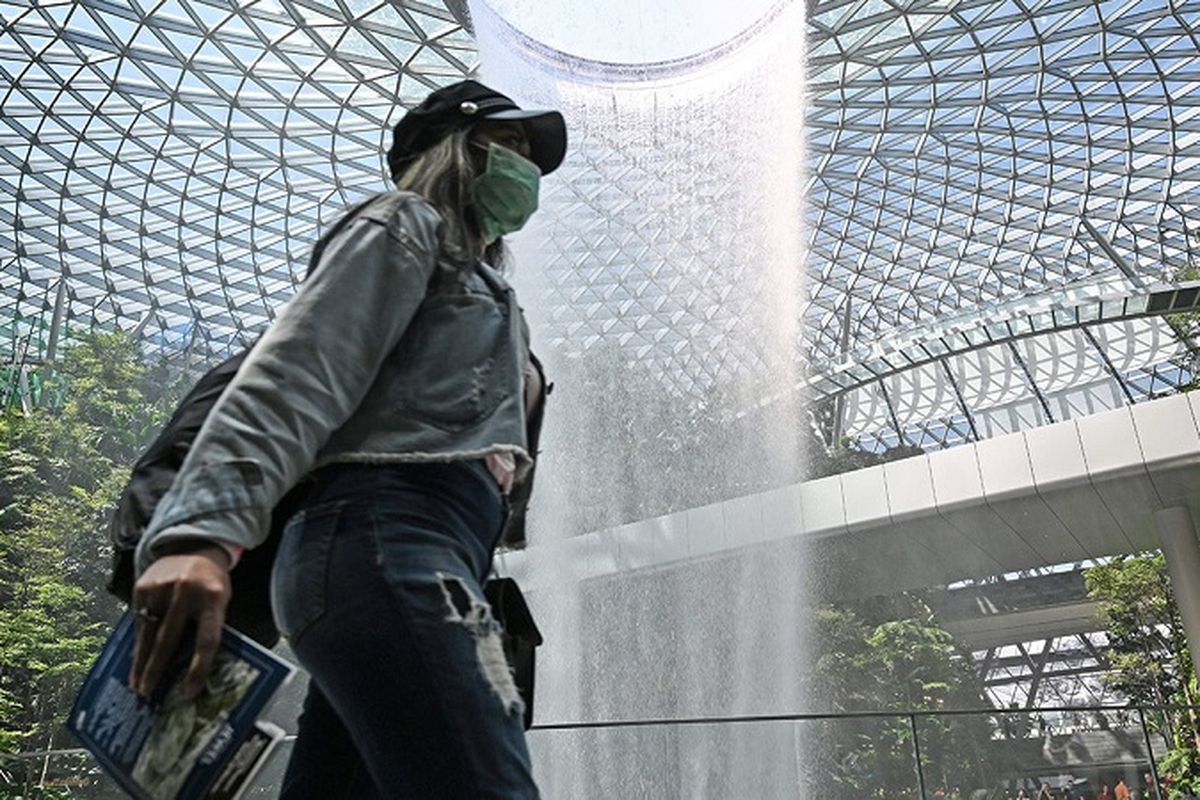Indonesia and ASEAN Agree to Establish a Regional Travel Bubble

KOMPAS.com – ASEAN leaders and Indonesia have approved a regional initiative to establish a regional travel bubble to facilitate essential business travels.
The agreement was the outcome of the 37th ASEAN Summit during which intense discussions on the ASEAN Declaration on an ASEAN Travel Corridor Arrangement were held.
The declaration cites that each ASEAN Member-State is “to take steps towards the establishment of an ASEAN travel corridor arrangement framework”.
However, residents of Southeast Asia eager to travel for leisure will have to wait a bit longer as the current travel bubble decision strictly encompasses essential business trips.
Read also: Japan Agrees to Travel Bubble with Indonesia for Essential Business
Each country must prioritize public health safety with specific regard to controlling the Covid-19 virus transmission.
The regional travel bubble arrangement may change in the future and could include other travel categories such as leisure.
There are several points that have been emphasized in the declaration including means “to develop a common set of pre-departure and post-arrival health and safety measures to protect the wellbeing and safety of our citizens”.
Individuals who have been approved for essential business travel must strictly abide by the existing public health regulations imposed by the recipient country or countries.
Read also: Indonesia, Singapore Form Travel Bubble for Essential Trips amid Covid-19 Pandemic
The monitoring and coordination of the regional travel bubble will be overseen by the ASEAN Coordinating Council and supported by the ASEAN Coordinating Council Working Group on Public Health Emergencies.
The council shall take into account existing bilateral arrangements of ASEAN Member-States in their duty.
Jokowi’s travel bubble suggestion
Indonesian President Joko ‘Jokowi’ Widodo proposed for the establishment of a travel corridor arrangement on June 26 before it was approved.
The declaration stated that the regional travel bubble “demonstrated our commitment to maintaining necessary interconnectedness in the region by facilitating to the extent possible the essential movement of people, including business travelers while safeguarding public health in line with our efforts to combat the pandemic”.































